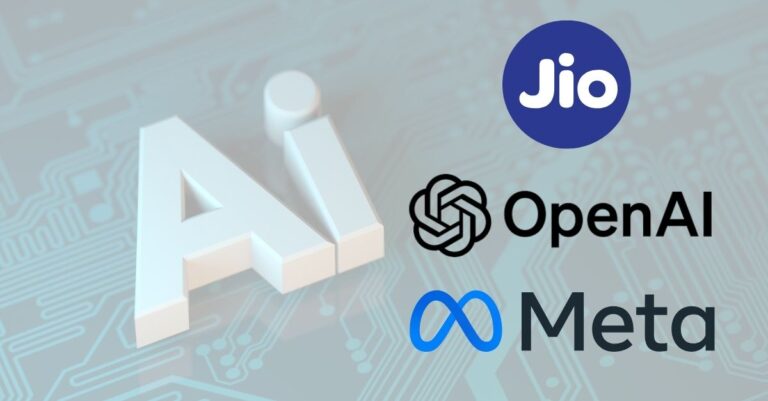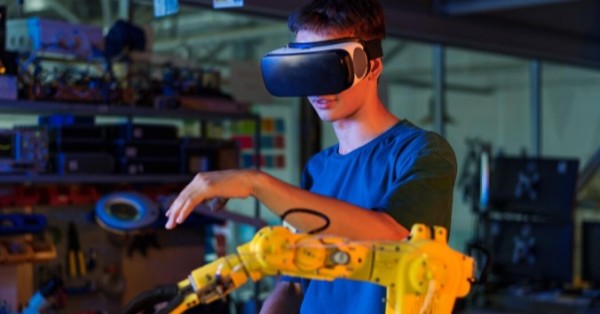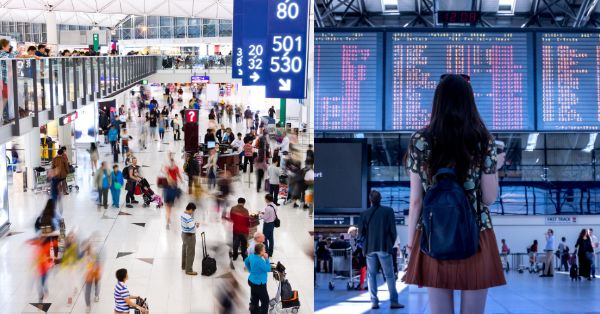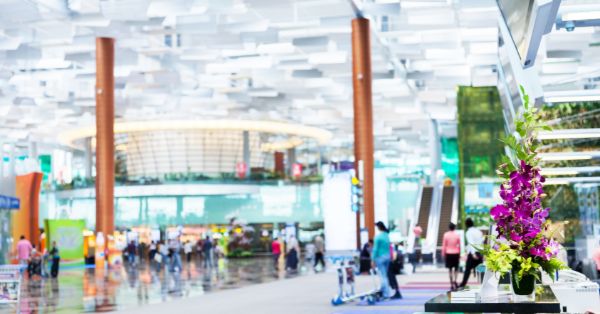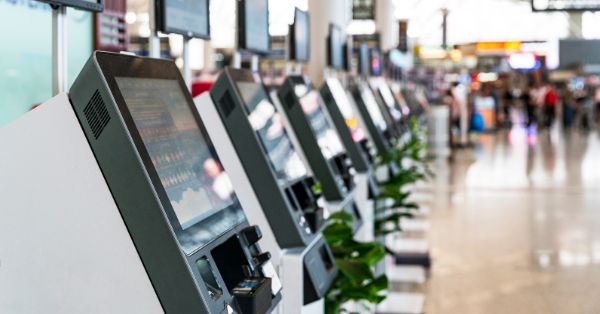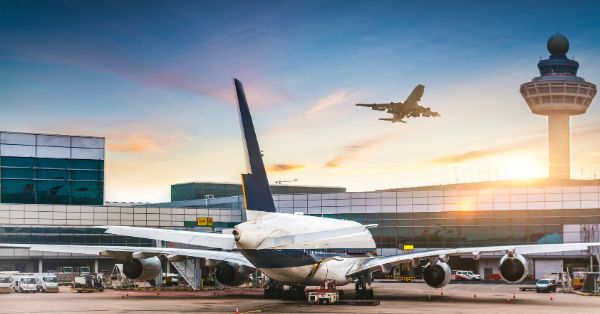Strategic AI Partnerships: OpenAI and Meta‘s Interest in Reliance for Market Expansion
OpenAI and Meta, two of the leading forces in the AI industry, are actively pursuing strategic partnerships with Reliance Industries. Their aim is to integrate their sophisticated AI technologies with Reliances expansive digital and telecom services. This collaboration could significantly transform the distribution and utilization of AI tools such as ChatGPT and Meta’s Llama in one of the world’s largest and most diverse markets, India.
OpenAI’s Strategic Move with Reliance
OpenAI, the organization behind the renowned AI chatbot ChatGPT, is in negotiations with Reliance Industries to potentially integrate its AI services within Reliance’s vast network, including Jio, its telecom subsidiary. This collaboration could see OpenAI’s services, including ChatGPT, being offered at reduced prices or bundled with mobile plans, enhancing accessibility for Indian users. Given the high subscription cost of AI tools like the $200 per month for ChatGPT Pro, which contrasts starkly with the average income in India, OpenAI is considering a drastic price reduction of up to 85% for the Indian market.
Meta’s Interest in Collaborating with Reliance
Meta, not wanting to be left behind, is also seeking to integrate its AI technologies with Reliance’s platforms. Having previously invested $5.7 billion in Jio Platforms in 2020, Meta is looking to deepen its ties with Reliance by potentially incorporating its Llama model and other AI chatbots into Reliance’s digital offerings. This strategic move could leverage Jios widespread consumer base to boost the adoption of Meta’s AI tools in India.
Why Reliance?
Reliance Industries, with its extensive reach across various sectors including telecom, retail, and digital services, presents an attractive partner for AI giants like OpenAI and Meta. Collaborating with Reliance offers these tech companies unprecedented access to a vast and diverse customer base, from urban centers to remote rural areas. Moreover, Reliance’s robust infrastructure and strong government relations provide a strategic advantage in navigating Indias complex regulatory environment.
Implications for AI Adoption in India
The potential partnership between major AI players and Reliance could lead to more affordable and widespread use of AI technologies in India. This is critical given the market’s sensitivity to price. By integrating AI tools into everyday digital services and mobile plans, Reliance can help overcome the challenge of high subscription costs that currently limit broader adoption.
Reliance’s AI Aspirations and Infrastructure
Reliance is not just a passive player in these potential partnerships. The conglomerate is actively investing in building a robust AI infrastructure within India, including the development of a massive 3-gigawatt data center in Jamnagar. This facility could potentially host AI services locally, thus addressing data sovereignty concerns. Moreover, Reliance’s ongoing investments in its AI capabilities, including assembling a large team of data scientists and engineers, signify its commitment to becoming a leader in AI technology, not just in India but globally.
The Future of AI in India with Reliance
If these collaborations materialize, they could significantly alter the AI landscape in India. For OpenAI and Meta, partnering with Reliance offers a strategic pathway to tap into India’s burgeoning digital market. For Reliance, it presents an opportunity to enhance its digital offerings with cutting-edge AI technologies, potentially transforming sectors like healthcare, education, and customer service. The ultimate beneficiaries will be the Indian consumers, who could enjoy more personalized, efficient, and cost-effective digital services powered by AI.
In conclusion, the potential partnerships between OpenAI, Meta, and Reliance Industries underscore a significant trend in the global tech industry: the fusion of advanced AI technologies with extensive telecom and digital services networks. As these discussions evolve, they will likely shape not just the future of AI in India, but also set precedents for how AI can be integrated into everyday life globally.



